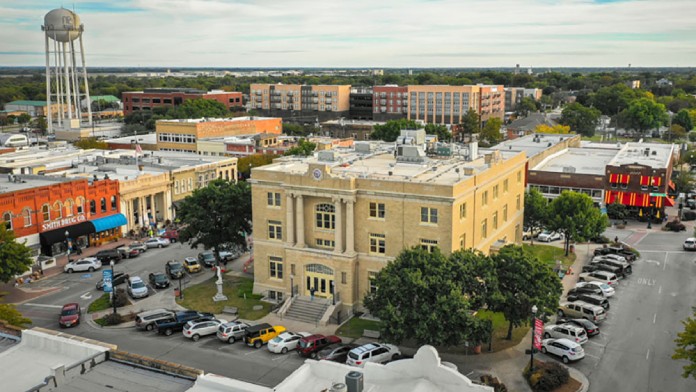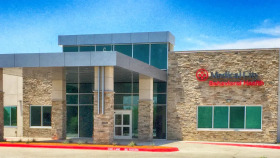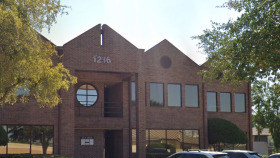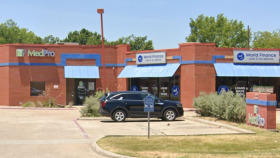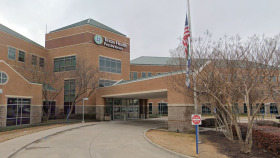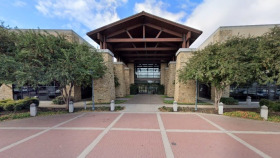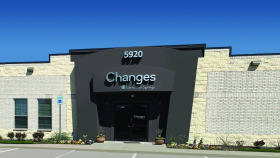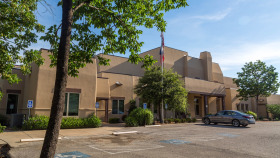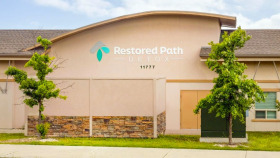Expert Insights
McKinney, Texas, like so many other cites around the country, is struggling with the fentanyl epidemic. As the war on drugs and the war on guns continues to fail, a simple, yet profound truth must be addressed. Drug dealers require weapons to protect their operations. Without stricter gun control laws, our nation is perpetuating the safety of these criminals and their drug cartels. It is only through understanding drugs and weapons are a joint issue, that any real shift can be made.
~ Lesley Wirth
How Expensive is Drug Rehab in McKinney?
There is no standard price for drug rehab in McKinney, TX. Each facility and treatment program varies by price, based on several factors. The most common variables include:
- Treatment setting – Outpatient treatment costs less than inpatient. An inpatient setting includes 24/7 care, room, and board, so it naturally costs more.
- Treatment location – Urban treatment centers are usually more expensive than rural locations. Highly desirable areas also tend to have more expensive treatment programs.
- Features and amenities – The more amenities a program offers, the higher the cost of treatment. Some luxury rehabs offer high-end amenities that significantly increase the price of the program.
- Duration of program – Longer programs cost more than short treatment programs. Most drug rehabs in McKinney, TX, last for 30, 60, or 90 days.
- Health insurance coverage – Coverage varies by provider and plan, but health insurance can usually decrease the cost of treatment significantly.
Each of these factors influences the cost of drug rehab in McKinney, TX. You’ll find that prices vary greatly, but the average cost of outpatient rehab in Texas is $1,698. The average cost of inpatient treatment is $56,623. For medication assisted treatment, McKinney residents can expect to pay around $126 per week for methadone, $155 per week for buprenorphine, and $1,177 per month for Naltrexone, based on national averages.6
How Does McKinney Compare in Alcohol and Drug Use?
McKinney, TX, is part of the Dallas-Fort Worth metro area, putting the city in the midst of a large distribution and shipment center for illicit drugs. Substances make their way across the border from Mexico and into this massive, growing metroplex. Fortunately, for those who are looking for help with substance use disorder, there are at least 25 substance use treatment locations in and around McKinney, offering much-needed drug rehab in McKinney, TX.
The following statistics reveal recent trends in drug use and related issues in McKinney, its surrounding Collin County, and the state of Texas as a whole.

The rate of drug-related crime in McKinney is 3.13 per 1,000 residents per year.1

In some McKinney neighborhoods, the chance of being a victim of drug-related crime may be as high as 1 in 107.1
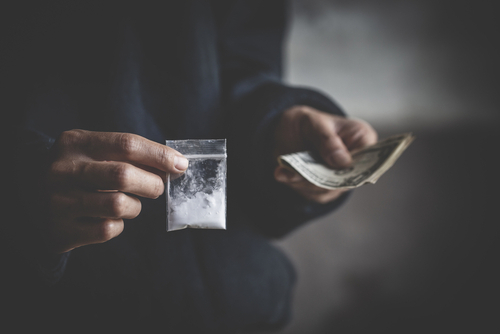
Collin County experienced a 571% increase in the number of fentanyl-related drug overdose deaths between 2020 and 2022.

During the 12-month period ending June 2022, there were 117 drug overdose deaths in Collin County.2
- The opioid dispensing rate in Collin County was 29.7 per 100 population in 2020.3
- In 2019, there were 3,135 fatal drug overdoses in Texas.4
- Texas law enforcement made at least 128,295 arrests for drug offenses in 2019.4
- The 2020 drug abuse arrest rate for Texas was 302.6 arrests for every 100,000 persons.5
Alcohol and Drug Laws in McKinney, TX
The following laws govern substance use and related issues in McKinney, TX:
Texas Good Samaritan Overdose Prevention Statute: This state law protects people who call emergency medical personnel for help during a suspected overdose. The goal is to eliminate the fear of legal prosecution when calling 911. However, there are limits to this protection. Texas residents can only use this protection once within an 18-month period, and those who have an existing felony conviction are not immune to prosecution under this law.
Rehabs for Individuals Arrested or Convicted for Non-Violent Crimes: State Bill 1849, also known as the Sandra Bland Act, allows Texas legal authorities to identify those who are suspected of having a substance use disorder and divert them to treatment rather than sentence them to jail.
City of McKinney Alcoholic Beverages Ordinances: In McKinney, it is unlawful for any person to consume or possess an open container of alcohol in a public place on Sundays between 2:15 am and 12 pm and on any day between 2:15 am and 7 am. During permissible times, it is legal for any person of legal age to possess an open container and/or consume alcoholic beverages in public.
It is unlawful for anyone to consume alcoholic beverages in city-owned buildings and structures except those allowed by ordinances, such as the McKinney Performing Arts Center. Alcoholic beverages can only be sold in a zoning district where retail sales are allowed, and the distance between retailers who sell alcoholic beverages and schools, churches, or hospitals must be a minimum of 300 feet.7
Texas Protections for Employees Seeking Addiction Treatment: If an employee seeks alcohol or drug treatment, they may be able to receive time off work to undergo treatment, under the Family Medical Leave Act (FMLA). Texas employees also have protections under the Americans with Disabilities Act, if they stop using substances and seek treatment.
Resources
- McKinney, TX drug-related crime rates and maps. (n.d.). CrimeGrade.Org.
- Provisional County Drug Overdose Deaths. (2022, February 8). Www.cdc.gov.
- U.S. County Opioid Dispensing Rates, 2020. (2021, October 5). Drug Overdose | CDC Injury Center.
- State-by-State Laws. (n.d.). Drug Policy Alliance.
- Drug Report. (2020). Texas Department of Public Safety.
- National Institute on Drug Abuse. (2021). How much does opioid treatment cost? National Institute on Drug Abuse.
- Municode Library. (n.d.). Library.municode.com.

